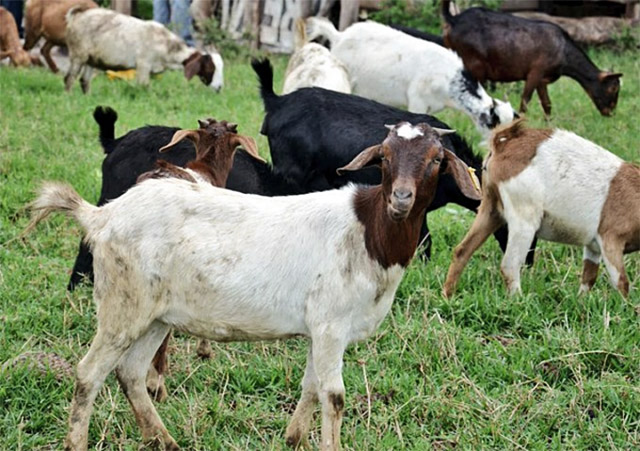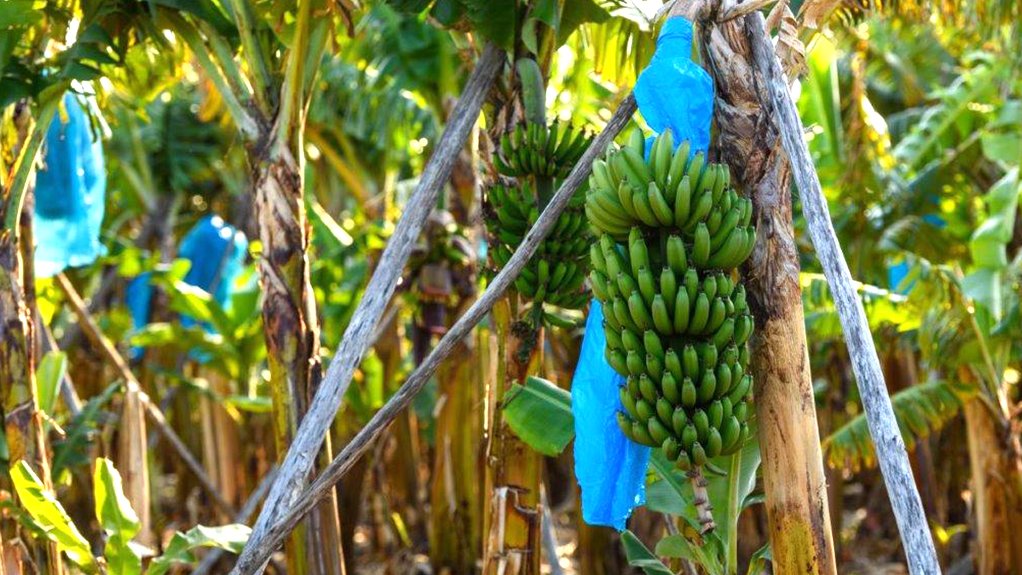Exports markets for small livestock meat are on the rise in Botswana motivating farmers to venture into -subsector, Lorato Morapedi, the chief executive of National Development Bank (NDB) has confirmed.
Botswana is famous globally for its beef exports due to favourable climate conditions to rear cattle.
However, the international growth of the beef industry has not matched that of small livestock, such as goats and sheep, although their domestic animals are abundantly available in the country.
Duty-free market quotas for the goats and sheep have already been secured in Norway and Saudi Arabia.
However, according to Morapedi, export markets for the once untapped small livestock is opening up.
“This development has motivated many farmers to venture into this sub-sector. Moreover, export markets are being opened up, and there are abundant opportunities in this sub-sector, both locally and globally,” she told various delegates at an event dubbed; “Smart Farming – the key to unlocking the future of Agriculture”, held in Gaborone.
“According to Statistics Botswana, the current national population of sheep and goats is only 264 962 and 1 605 642 respectively – both cases, well below peak historical herd sizes. A recent study on the Botswana small stock sector carried out by the International Fund for Agricultural Development (IFAD) has revealed that productivity in the sector is low,” Morapedi added.
She said despite the growth in the export market, there was need to improve on the numbers.
Off-take rates have been estimated at around seven percent, compared to the international best practices of around 33 percent. Domestic markets do not pay higher prices for higher quality meat, resulting in little incentive for small stock farmers to improve their productivity.
“The President has tirelessly marketed our small stock meat in other countries. These efforts have indeed borne fruit, as evidenced by the duty-free market access quotas secured in Saudi Arabia and Norway,” Morapedi told the guests.
However, NDB chief executive said for goats and sheep to reach the international standards of beef exports, the sub-sector required to transform by improving on quality, consistency, and improve production.
To successfully penetrate export markets, it will be critical for the industry to transform and achieve larger scale, improved productivity, and higher and more consistent standards of quality.
“Penetrating these markets will require that we address supply constraints, to ensure quality and competitiveness of our products.”
Morapedi also implored farmers to invest in knowledge on small livestock production to increase quality.
Source article: Further Africa








